In 2023, the Surgeon General of the United States warned of the negative health consequences resulting from feelings of isolation, and the benefits of more connected communities. Robert Putnam famously called attention to the problem in Bowling Alone more than 20 years earlier. The problem is not going away, but chess can be a part of the solution.

Among our founding documents, the U.S. Chess Center has argued that chess should be used as a tool to promote social skills. Teachers and psychologists are now sounding alarms as to the importance of having young people meet in person. Engaging another person across the table in a game of chess has long been recognized as a valuable social experience.
Benjamin Franklin, one of many chess players among our nation’s founding fathers, hinted at the valuable diplomatic benefits of the game in his notes. (The Papers of Benjamin Franklin Vol. 21. pp. 363, 408, 437, 444, 550) Challenging others to play chess has served as a gateway for engaging in a variety of social and diplomatic activities.

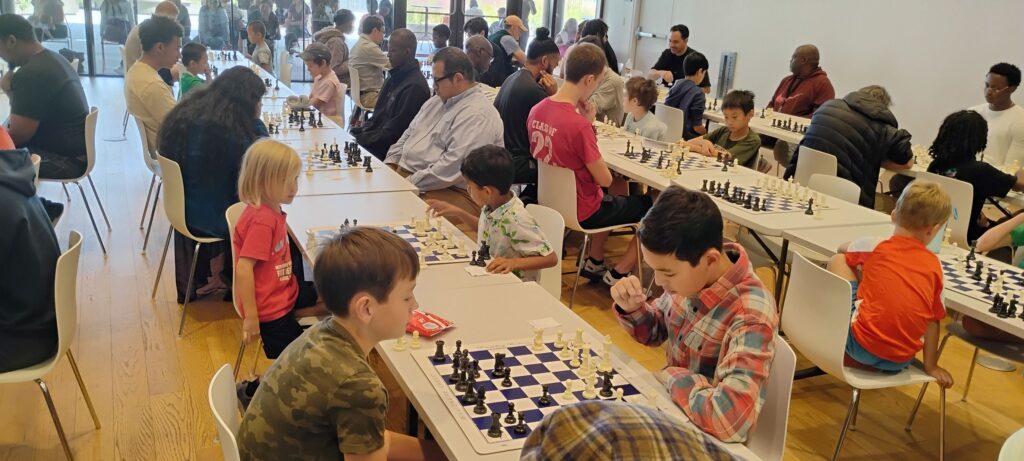
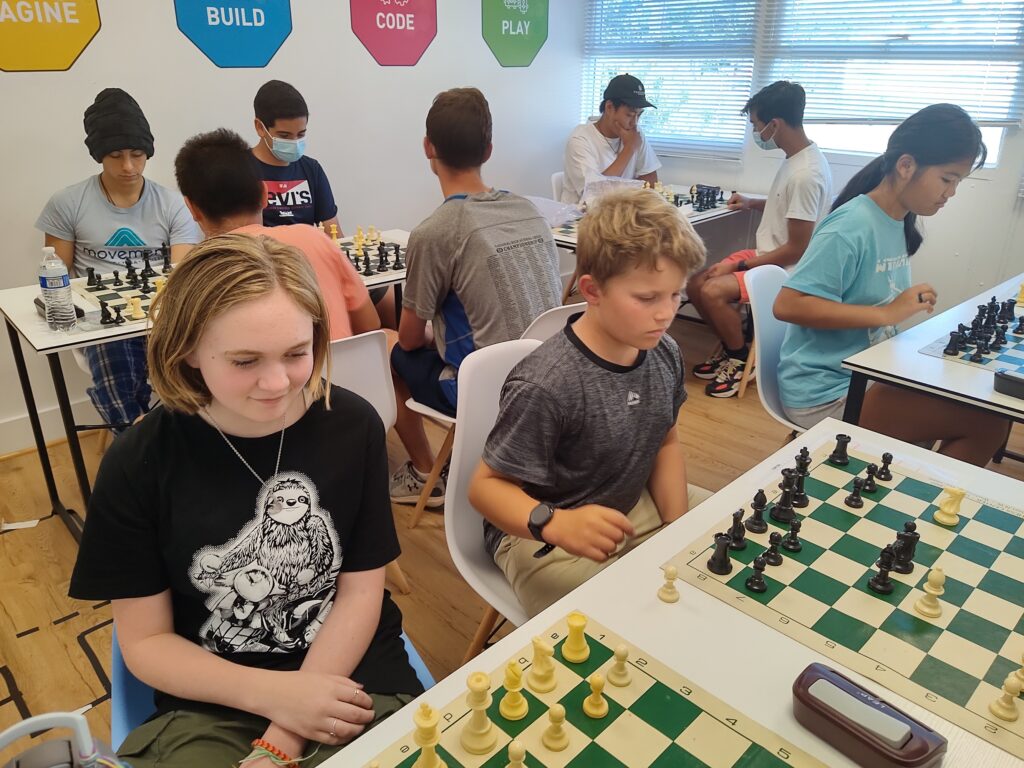
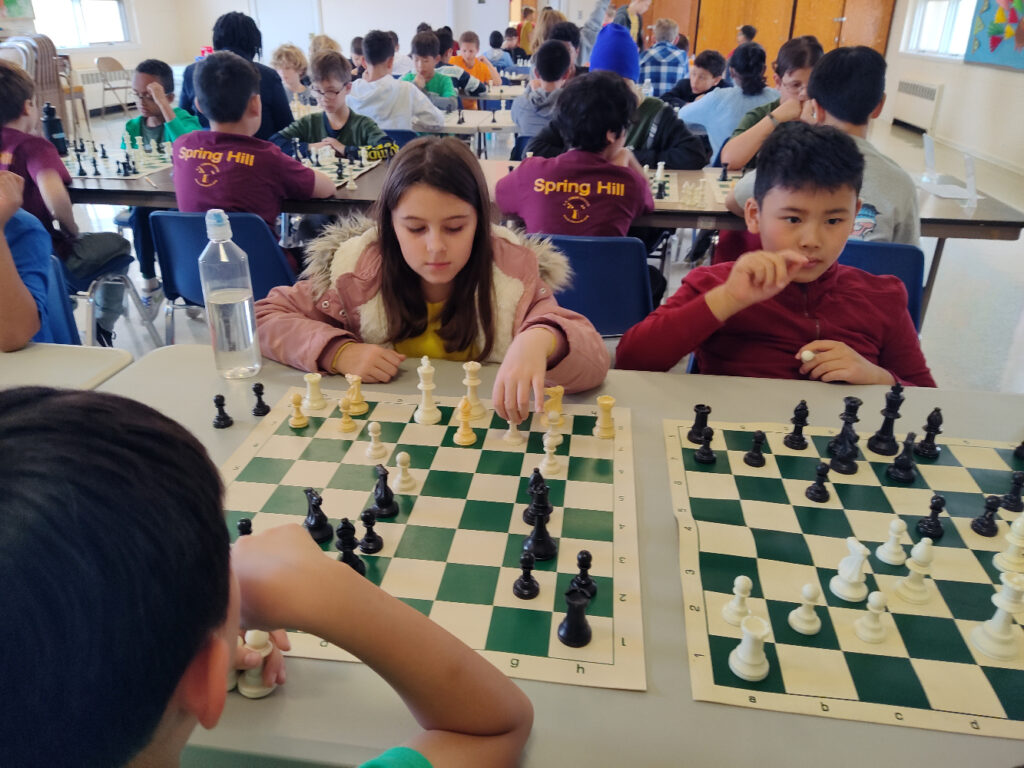
One of the first programs created by the U.S. Chess Center, our Saturday morning class known as Chess Kids, brought together children of all demographics to play chess together and learn that what they have in common is vastly greater than those things that separate them. The friendships formed over the board created long-lasting bonds.
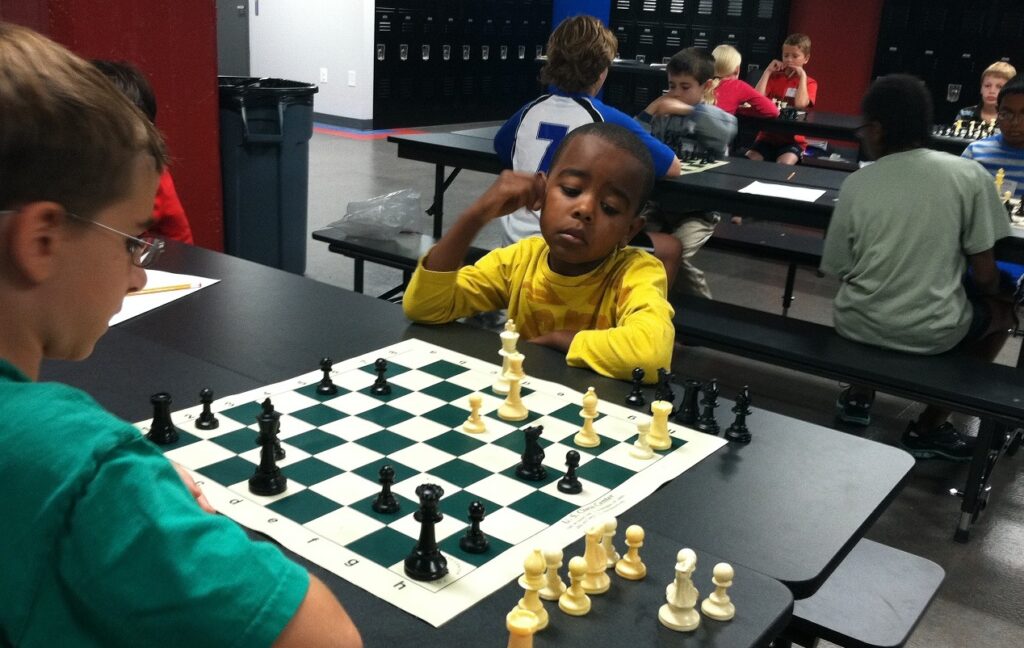
The Center teaches students only in groups, not individually. Peers compete, encourage, and learn together in healthy ways. Whether or not the students in a class share demographic traits seems to be irrelevant to the formation of friendships. Kids interact with other kids, and that is beneficial to them all.
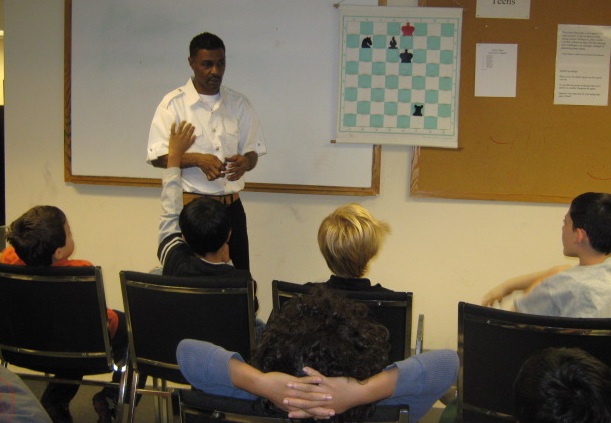
Playing online does not confer the same benefits. People playing online do not see their opponents, and do not have constructive social interactions at the end of their games. We regularly see kids engage in other activities, including having non-chess conversations, playing sports or other games, or going out for a meal at the conclusion of a game. Online, players often cannot be certain that they are actually playing a human. While many students use online resources to enhance their skills, playing chess across the board is a different, and better, game than playing through a screen.
At the U.S. Chess Center, we hope that professionals and policy-makers will consider promoting chess as a mental health tool.
